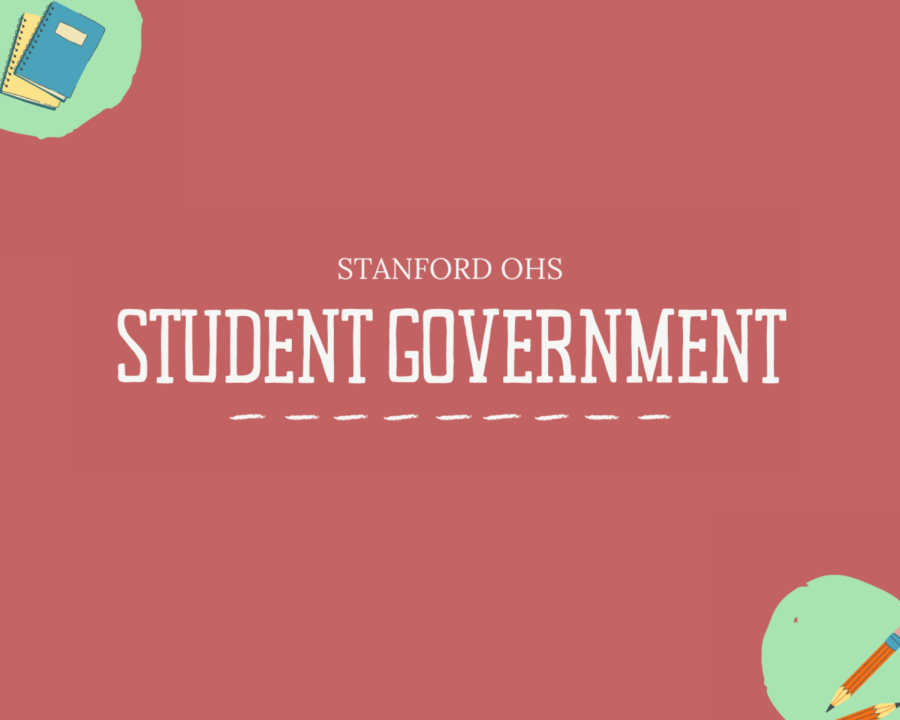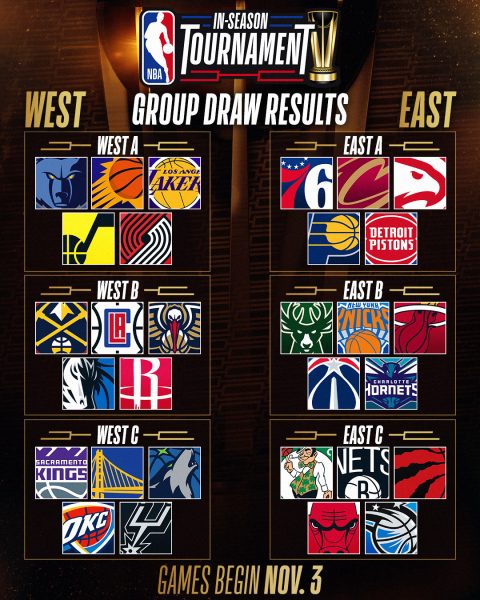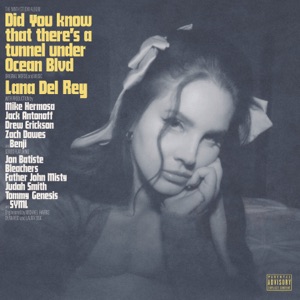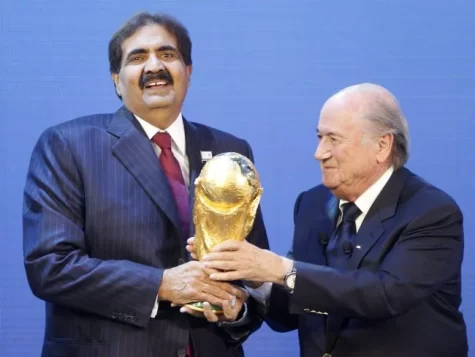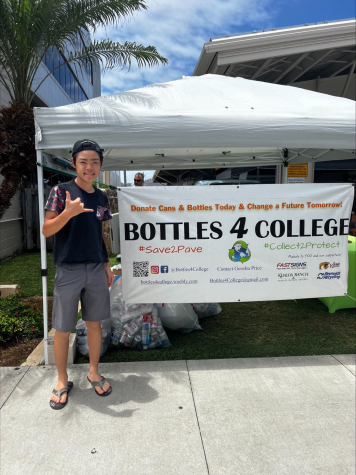Image vs. Policy: Student Government Speech Impressions
Student Governments have long existed as a way for students to become more closely involved with designing school life while working in an environment that simulates a typical workplace. This allows them to develop management, leadership, and organization skills that differ from the academic skills that are developed in classes.
On September 9 the OHS Student Government Candidate Live Speeches were held, providing those running for office a chance to present their campaigns. While many Student Government candidates create slides and campaign materials to outline their platforms in depth, most prioritize the speeches, which can be dynamic, engaging, and unique. The live speeches give voters more insight into the personalities of the candidates and allow them to feel a more personal connection after interacting directly. They are also far more engrossing than written materials, so voters are more likely to remember campaign promises if they are included in a speech.
The live speeches give voters more insight into the personalities of the candidates and allow them to feel a more personal connection after interacting directly. — Ferris Haukom
One of the most memorable speeches according to voters was that given by the Freshman Class President and Vice President slate of Alex Headley and Brendan Giang, who formatted their speech as a news report given by Headley. It also featured a rap outlining their platform delivered by Giang, a prime example of making the more dry, policy-based parts of the campaign engaging and exciting.
Students’ other favorite speeches included those that used music and other devices to catch the audience’s attention. “There were a bunch of people doing musical stuff,” says Max Qvale. “That was really entertaining.” Board Chair of Arts candidate Taro d’Aronville’s well-produced video, which blended the speech and campaign promises with music and editing and was named as one of the best speeches by multiple students.
As with anything, OHS students have discussed the philosophy and theory of Student Government, highlighting its benefits, trends, and flaws. These conversations have primarily centered on voting theory and the efficacy of different campaign tactics, examining the research processes and tendencies of the voters. This yielded a conclusion that is uncomfortable, yet probable— the prevailing opinion is that Student Government elections are more of a personality-oriented popularity contest than an objective, deliberate policy evaluation. “Your chances of winning Student Government are directly correlated to how many people know your name,” said one anonymous student. “I’ve been here three years and I am 100% sure it is solely that.”
The question that follows from this is, is this a bad thing? And if it is, what should we do to fix it? While a system in which all of the voters read all of the available material and make the most well-informed decision possible would likely be ideal, there are ways to make a system based on name recognition work. One of these is the candidate speeches themselves, which gives all of the candidates an equal opportunity to interact with the voters and establish their personalities. Another is the Q&A sessions hosted by many of the candidates to maximize conversation time over exclusively written material. This remains an ongoing discussion that could yield exciting new changes to future elections.

